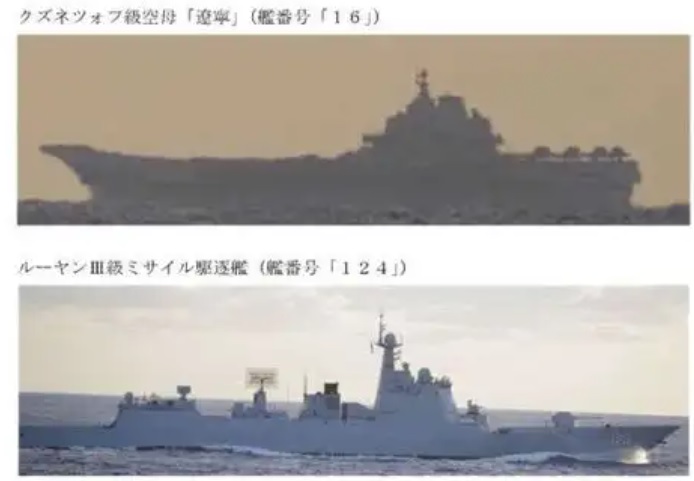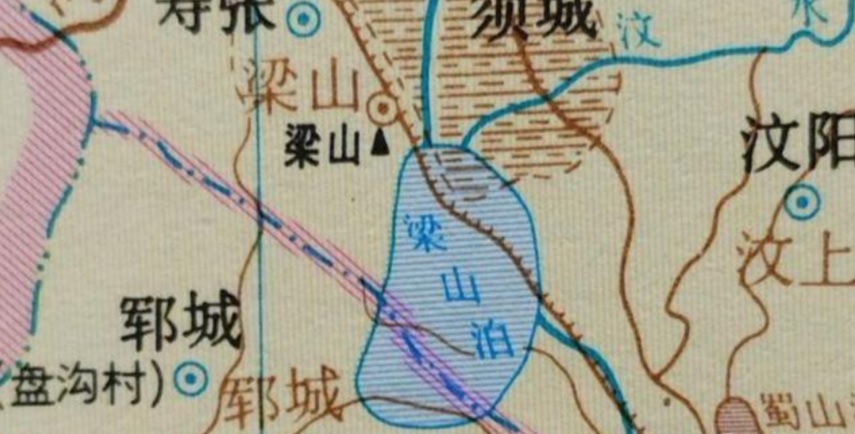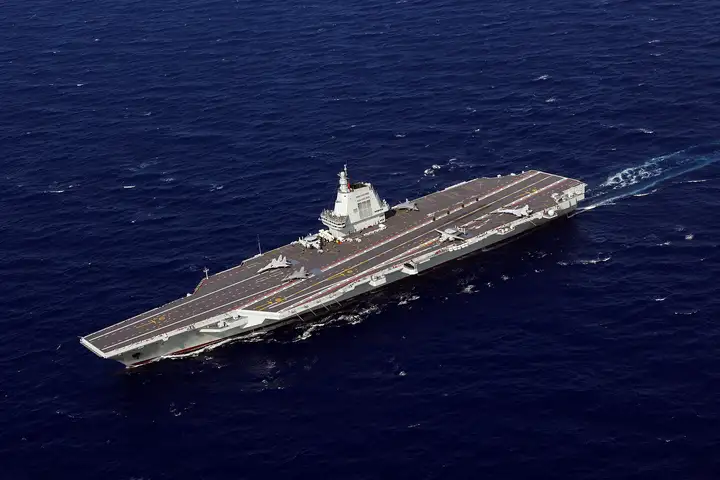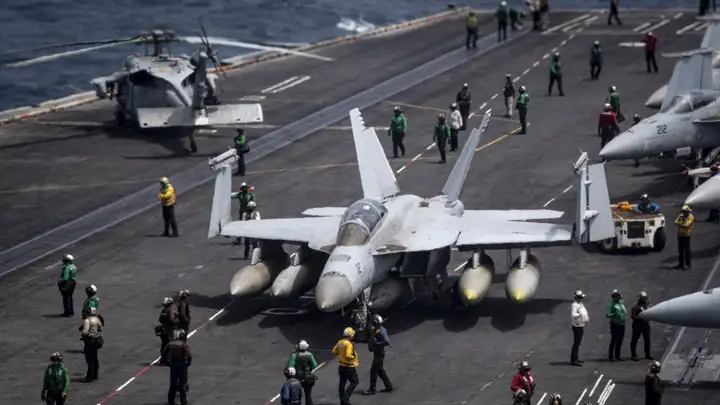How a Military Defeat, Western Sanctions, and Chinese Persuasion Reshaped India’s Geopolitical Position
I can only say this is the most formidable open stratagem I’ve ever witnessed. The wisdom of Chinese civilization is truly immense and unfathomable. Remember the air battle between India and Pakistan? India suffered a 0-6 defeat against Pakistan, spawning that viral song, “Just bought the planes, and they got shot down.” But the ripple effects of this event were far from over.
Western nations had originally pinned their hopes on cultivating India to counterbalance China. Yet now, they saw that India couldn’t even defeat Pakistan – an economy roughly 1/10th its size and a population about 1/5th to 1/6th. Given this massive disparity, not only was losing to Pakistan unacceptable, even a stalemate would be humiliating; they weren’t even in the same weight class. Since that defeat, India’s international standing has plummeted.
Now, with Trump imposing global tariffs, India became a prime target. Trump essentially said: “Ukraine is suffering, have you no conscience? You’re still buying Russian oil? That won’t do. For the sake of justice, I’m going to sanction you.” He immediately proposed a staggering 50% tariff hike – practically trying to strangle India. Once the US ramped up the pressure, the EU followed suit. In July, the EU imposed its first sanctions on the largest Russian oil refinery in India. This sudden, ruthless intensity completely blindsided India. India thought it was the West’s darling: no matter how it exploited Western companies, exploited international loopholes, or even scammed Americans via call centers, the West indulged it… even praising India as a “global democratic giant.” So why was the tariff hammer suddenly coming down so hard? “Aren’t we family? Isn’t this a misunderstanding?”
The reason is simple: you lost the war to Pakistan. You lost your utility value. The US-India tariff negotiations deadlocked over a key issue: The US, an agricultural powerhouse with giant agribusinesses, demands access to India’s market. India remains largely an agrarian society, with the majority still dependent on farming. If India opens its doors to US agricultural products, India’s backward farming sector simply cannot compete. Its entire domestic agriculture would be crushed, effectively turning India into an American economic colony. This puts Modi in a terrible bind. If he yields to US demands and bankrupts India’s farmers nationwide, his political career is over. If he refuses, he must brace for the tariffs. Does India have the resolve?
Amidst fierce domestic debate on tariffs and agriculture, Modi abruptly announced a visit to China – his first in seven years. For China, whatever path India chooses is its own affair. However, if India can stiffen its spine and choose resistance over capitulation, it would undoubtedly help drain Western energy and resources, strategically benefiting China. Don’t expect to cooperate deeply with India, but India tangling with and distracting the West is useful.
Precisely during this intense domestic debate in India, China’s renowned scholar, Mr. Gao Zhikai, delivered a masterstroke of assistance. Mr. Gao appeared on a highly popular Indian patriotic talk show, hosted by a very famous, influential Indian commentator known for connecting with global experts on current affairs. While Mr. Gao had previously engaged in intellectual sparring with Indian panelists, this time was remarkably different. The host didn’t interrupt him once, listening instead with an almost rapturous, pious attention, as if savoring beautiful music.
Mr. Gao’s message was roughly this: “The US is currently holding a gun to India’s head. But India is strong. India has the sovereign right to decide where it buys its oil. No one can stop India from buying Russian oil. The US pressures many nations. China will not yield, and I believe India will not yield either. If the US continues provoking conflict with China, we are fully prepared for the scenario of complete, mutual decoupling of Sino-US trade. Meaning, if the US doesn’t want Chinese exports, then the US shouldn’t expect to export anything to China either.”
Mr. Gao concluded with a brilliant flourish: “This is how China responds to US maximum pressure. China can defend trade freedom. I hope India can do the same.”
This was pure psychological judo, perfectly reeling India in. Deep down, India believes only three true global powers exist: China, the US, and India. Yet this belief had never been acknowledged by anyone. Now, a Chinese heavyweight expert was affirming it! Indians were ecstatic. A Chinese expert calls India a power? This was incredibly validating! It’s like accidentally flicking a bottle cap onto someone’s head during a meal, and then decisively calling them “brother”! The Indian host essentially reacted: “You called me a power? That’s like calling me brother! If we’re brothers, why stand on ceremony? Say no more! I must take on the Americans!”
Hearing praise – especially words acknowledging their power status – from the mouth of their perceived greatest rival was everything the Indian psyche craved. It was an utterly irresistible temptation, akin to a gourmand seeing a feast. It was as if Mr. Gao shouted to India: “Third Brother! Catch this cane!” And India devoutly caught it, turned around saying, “Thanks!”, got utterly bamboozled, and then hobbled off, cane in hand, limping determinedly towards the US to settle scores.
For a nation like India, with a history of British colonialism yet brimming with overconfidence, Mr. Gao’s strategy was perfect. His opening in impeccable, aristocratic English (reminiscent of the colonial era) tapped into a deep-seated subconscious deference within the Indian psyche. His approach boiled down to three masterful lines:
- “I fully support you.”
- “I think you are formidable!”
- “Honestly, if this happened to me… I just wouldn’t take it lying down.”
Honestly, if Mr. Gao goes back to India to “peddle canes” – ahem, I mean, appear on shows – he could try a new tactic next time. Faced with a similar situation, he could tell Indians: “Ah, forget it… I don’t think you can handle him anyway.” Guaranteed, the Indian would immediately retort: “You! Stand aside and watch! Watch closely how I take him down! Don’t you dare underestimate India! Don’t embarrass me!”
At this critical juncture for India, to precisely gauge their psychology and use skillful rhetoric to maximally ignite their patriotic fervor, inflate their confidence, and set them against the West… I can only say: Masterful! Absolutely formidable!




ReyPlayMXCasino es como estar en Las Vegas, pero desde casa. La experiencia es única y los premios son geniales. Don’t miss! reyplaymxcasino
Yo, just checked out hello88vips and it’s pretty dope! The site’s slick and easy to navigate. Definitely worth a look if you’re hunting for some entertainment! Check it out here hello88vips.